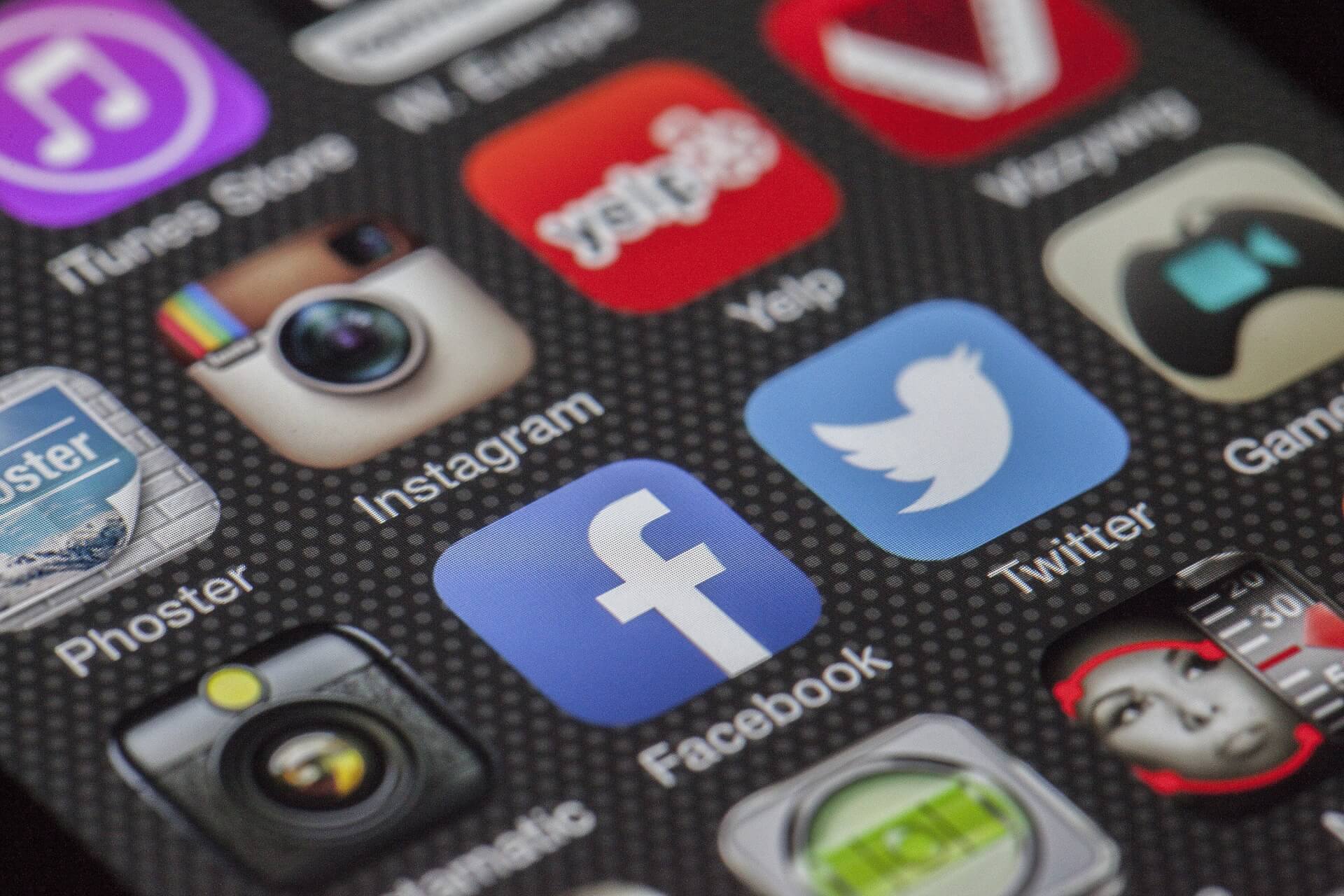According to a new Amnesty International report titled “Let us Breathe!: Censorship and criminalization of online expression in Viet Nam” published on December 1, social media companies like Facebook and YouTube “have become hunting grounds for government censors and state-sponsored trolls”. The report goes on to state that the ongoing behaviour of the tech giants in repressive regimes like Vietnam is a sign of how they have allowed “themselves to become tools of the Vietnamese authorities’ censorship and harassment of its population”, and is an “alarming” foreshadowing of how they can be expected to operate under authoritarian governments in the future.
The 78-page report, which is based on interviews with multiple activists, lawyers, journalists, writers, defenders of human rights and former prisoners of conscience, also accuses the companies of being “complicit” in the actions of a government that infringes on its citizens’ human rights. It articulates the Vietnamese government’s systematic repression of peaceful online expression in detail. This includes the companies’ nationwide tactic of “geo-blocking” content which is deemed critical of the government. This is an internet tool used to limit, prevent, or change content depending on the end-user’s geographic location. In contrast, groups affiliated with the government have made use of sophisticated measures to harass and intimidate outspoken citizens in the cyberspace.
Additionally, the report has also published statistics on incarcerations, which have grown from numbers reported in 2018. Out of the 170 prisoners of conscience being currently held in Vietnam, 69 are convicted solely for their social media activity. This intolerance of dissent by the centre is further aggravated by social media companies, who have in the past boasted of being upholders of free speech. Instead, these companies have bowed down when authoritarian regimes have threatened deliberate cuts in website traffic. This compliance is majorly financially motivated, as both Youtube and Facebook continue to garner huge revenues from Vietnam. In 2018, Facebook’s income from Vietnam was almost US$1 billion – which accounted for about one-third of its total revenue from Southeast Asia. In the same time period, Google, which owns YouTube, earned US$475 million from the country.
The censorship online has only recently tightened to this extent following Facebook’s announcement in April 2020 to “significantly increase” compliance with requests of the Vietnamese government to limit “anti-state” posts. In the first half of 2020, Facebook’s censorship of posts that go against Vietnam’s local laws rose by 983%. YouTube, on the other hand, has been consistently following restrictive local laws. In fact, Facebook and Youtube respectively have a record of 95% and 90% compliance with the Vietnamese state’s requests.
This has come as a huge blow to those who have dedicated their online platforms to talk about national issues in a peaceful manner. “Imagine if you spent years and years growing your Facebook account, posting and writing about your passions for democracy, but then in one easy act, Facebook just erases all the work you have done over the years,” said Nguyen Van Trang, a student member of the now-banned group Brotherhood for Democracy.
A Facebook spokesperson in response explained saying that the organization did not “always see eye to eye with governments on issues like speech and expression, including in Vietnam”, but they were working hard “to defend this right around the world”.
Vietnam’s increasingly authoritarian government has often been accused of striving to stay in power through an apparatus of control and suppression. Between late 2019 and June 2020, Vietnamese authorities detained and charged members of the Independent Journalists Association, and a member of the Brotherhood for Democracy, a local human rights group. They also detained many other independent writers and activists who were viewed as being critical of the government. Courts have also convicted many of the previously detained dissidents and sentenced them to harsh prison time.
Amnesty Claims Social Media Companies Complicit in Vietnamese Government Censorship
A report by Amnesty International details how online platforms like Facebook and Youtube are being misused by the Vietnamese government to indulge in political suppression.
December 1, 2020

SOURCE: AREO MAGAZINE
